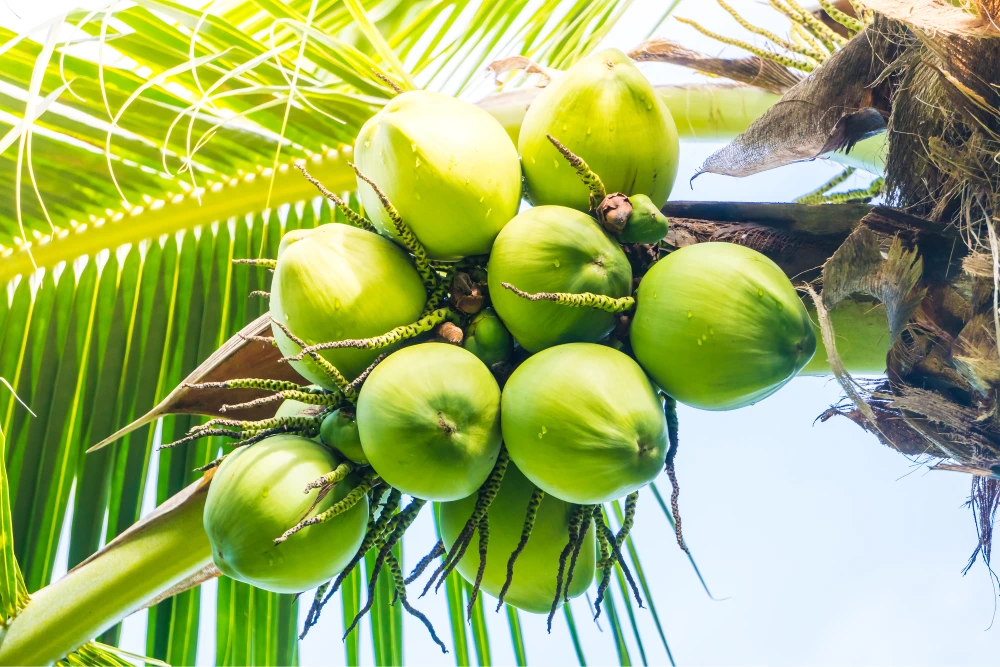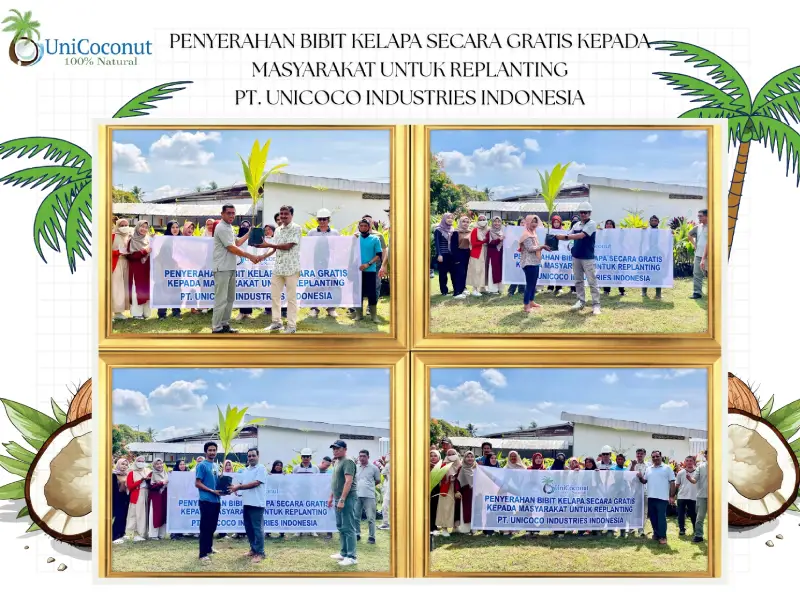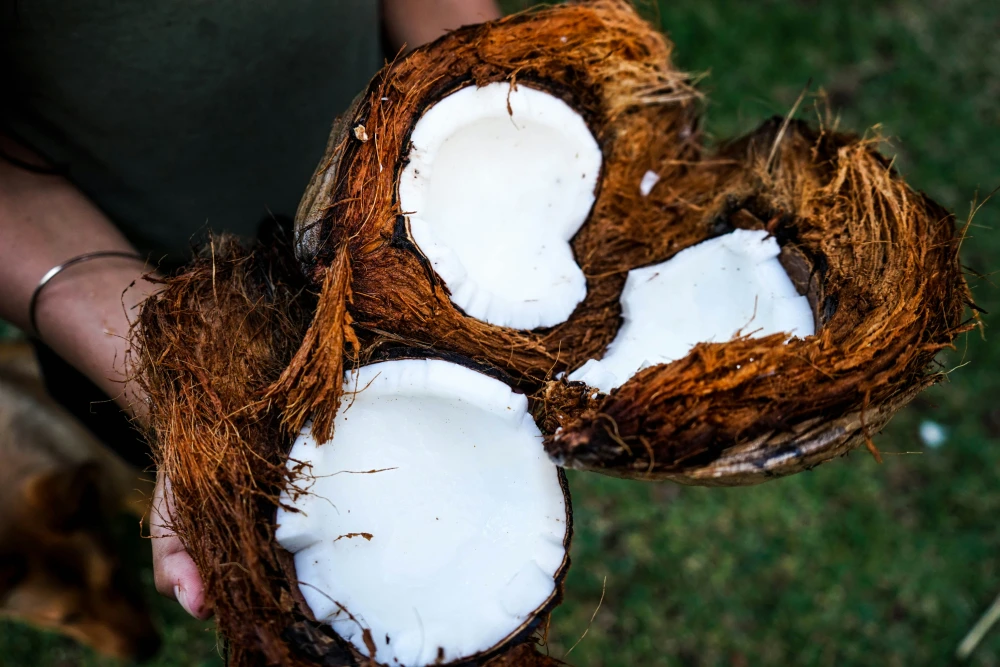What Is a Coconut, Really?
Let’s start with the basics. Despite its name and nut-like shell, a coconut is not a nut.
Botanically speaking, coconuts are classified as a drupe, or a fruit with a hard, stony covering enclosing the seed (much like peaches or cherries). While they share some physical characteristics with nuts, they do not contain the proteins typically found in true tree nuts—the kind that trigger allergic reactions in sensitive individuals.
What Science and Health Experts Say
According to the American College of Allergy, Asthma, and Immunology (ACAAI) and recent updates from the U.S. Food and Drug Administration (FDA), coconuts are not considered true tree nuts in a botanical or immunological sense.
In fact, as of January 2025, the FDA updated its food allergen labeling guidance, clarifying that while coconut appears under the broader “tree nut” category for labeling purposes, it is not considered a major allergen in the same way almonds, walnuts, or cashews are.
(Source: FDA.gov – Food Allergen Labeling FAQs)
Key Point: Most individuals with tree nut allergies can safely consume coconut — although, as with any food, allergic reactions are still possible in rare cases.
Can People Be Allergic to Coconut?
Yes — but it’s extremely rare.
Coconut allergies do exist, and for individuals who are allergic, exposure can lead to symptoms ranging from skin irritation to more severe responses like anaphylaxis. However, according to multiple clinical studies and allergy networks, the rate of coconut allergy is significantly lower than common nut allergies like peanut, almond, or hazelnut.
Good news for food manufacturers and retailers: The extremely low incidence of coconut allergy, combined with its plant-based profile, makes it a preferred choice in vegan, gluten-free, and clean-label product formulations.
Labeling Clarity: What This Means for Consumers and Buyers
One of the major drivers of confusion is food labeling. While the FDA previously grouped coconuts under “tree nuts” on ingredient lists, this was a broad legal classification, not a medical or scientific one.
Now, with the 2025 update, brands can be clearer in their messaging, and consumers with tree nut sensitivities can feel more confident in their choices—as long as they consult a medical professional and monitor for personal reactions.
What Unicoconut Is Doing to Support Safe & Transparent Coconut Consumption
At Unicoconut, consumer safety and transparency are part of our core values.
Here’s how we address allergy-related concerns in our operations:
- Accurate Labeling: Our packaging and product documentation follow the latest FDA and international food labeling standards, ensuring clarity and compliance.
- Strict Quality Controls: Our FSSC 22000-certified facility follows rigorous hygiene and cross-contamination protocols to keep allergens separate.
- Education & Awareness: We work closely with our B2B partners—distributors, private label brands, and importers—to clarify the classification of coconut and ensure correct marketing and safety information is passed to the end customer.
- Traceability: From farm to factory, our supply chain is tightly monitored, giving you confidence in every Unicoconut product.
Why This Matters for B2B Buyers and Brands
For importers, private-label brands, and retailers, misunderstanding coconut’s classification can lead to unnecessary caution, lost business opportunities, or unclear labeling.
Clarifying that coconut is not a tree nut—and is generally safe for those with tree nut allergies—opens the door to broader product applications and builds trust with health-conscious consumers.
This also positions coconut as a reliable alternative ingredient in allergy-sensitive markets such as:
- Children’s food products
- Plant-based dairy replacements
- Gluten-free bakery items
- Clean-label skincare and cosmetics
Final Word
While the name might suggest otherwise, coconut is not a tree nut. Most people with tree nut allergies can safely consume coconut—but it’s always best to check with a healthcare provider if in doubt.
For food manufacturers, distributors, and health-conscious consumers alike, understanding the facts around coconut allergies helps foster clearer labeling, safer choices, and stronger trust in the products they choose.
At Unicoconut, we’re proud to lead this conversation with transparency, responsibility, and the highest quality standards.
Need more information or want to source certified coconut products?
Visit www.unicoconut.com or write to us at contact@unicoconut.com to learn more.




